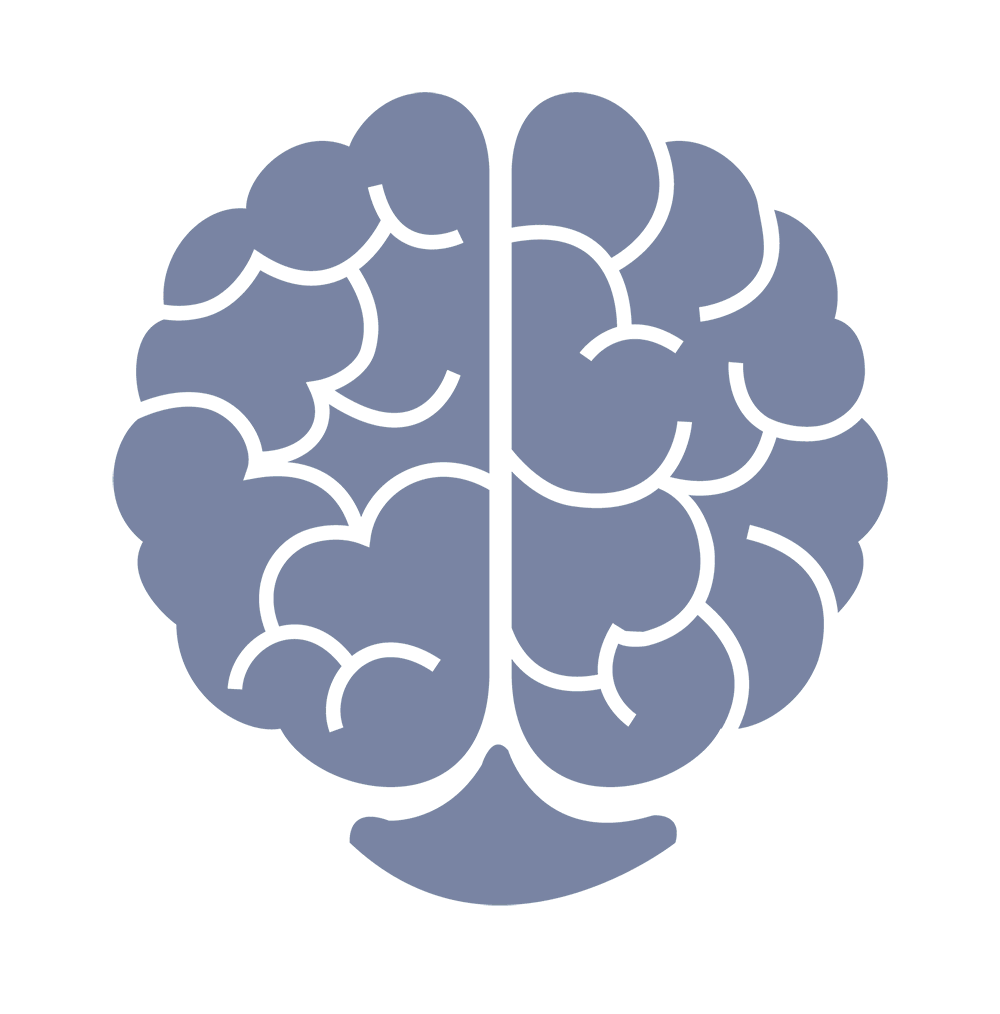
RESEARCH, CITATIONS AND REFERENCES
Open office layouts— a technique for “deforestation of productivity”
William Craig, Forbes Magazine, 2014
Music as a Multitasking Productivity Hack
Study published by Chinese University of Hong Kong, circa 2012
The Creative Balance Between Music and moments of Silence
Dr. Kimberly Sena Moore, Ph. D.
Boredom is a Productivity Killer
Tim Eisenhauer, Axero Solutions
Effective Intuition: why Spotify’s Discover Weekly is a step in the Right Direction
David Pierce, Wired Magazine, 2015
Music can boost your immune system
Dr. Ronny Enk, Neurocognition expert
Listening to your favorite music is good for your brain (without long-term side effects)
Dr. Teresa Lesuik, The Psychology of Music
The Preference for Mood Management = 70%
Observed and recorded through multiple surveys and listening sessions
The Economy needs some Jammin’!
NAMM Foundation, Why Music Matters
Is Music the Key to Success?
Joanne Lipman, The New York Times, 2013
A Colossal Lack of Classical Theories
Interviews with music therapist, San geetha Sampath Sairam
Different Kinds of Productivity
Music by Mood
A Study on General Workplace Productivity
Cornell University, Florida
Unpredictable Circadian Soundtracks
User Experiment: listening everyday to the same playlist for different activities
Control is Key
Dr. Anneli Haake, Ph. D. in Music Psychology
Multitasking for Better Creative Judgments
Alejandra Ruani, The Health Sciences Academy
New Music is Not really the Good kind of new to work with
Dr. Teresa Lesuik, The Psychology of Music



To enhance the listening experience with music science to increase productivity and concentration for the hardworking professionals, multi-taskers and creative minds out there.
MISSION
At Musictivity, we have combined this with age-old music techniques to keep your brain healthy and refreshed as you work extensively to be more productive. These involve a complex series of steps, as can be seen below.


A NUANCED SCIENCE
Our studies indicate that different music is best suited for focusing on different activities.
01
While working, we use specific regions of our brain for different activities, leaving a large part of it generally unused and open to distraction.
02
Music, on the other hand, keeps most or all of the brain engaged and can help drown out distracting or sudden noises
03
By using music, we can help keep the brain engaged and working, and at the same time, increase dopamine, or the "motivation" hormone, which can act as a stress-blocker and reduce cortisol, the "stress hormone"
When we align activities with appropriate music and the circadian rhythm, our brains focus faster with more ease, and become more productive
04
05
Our data centers understand and segregate music from your prefered providers into different groups based on frequencies, genres, components and play history, which will then be played for a specific work activity, or be used to find alternatives that will work better
We study our users' listening behavior, their brainwaves and heartbeats while focusing, to actively update the algorithms that prepare every listener's custom work-music session, and make productivity better for the brain in the long run.

Rhythm

Tonality

Lyrics



